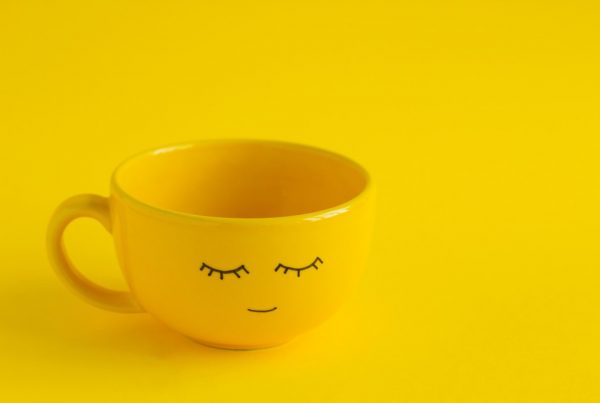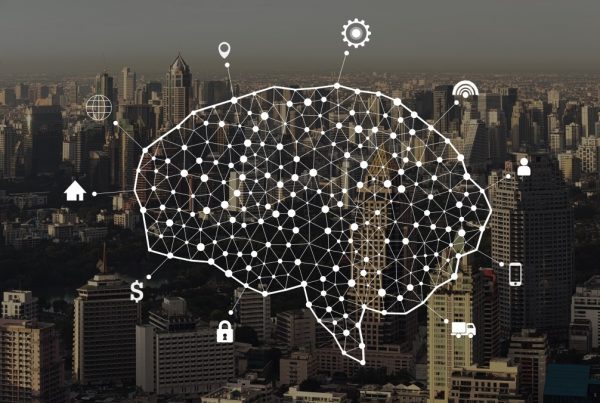Here is everything you need to know about Nootropics:
What are Nootropics? Prescription drugs date as old as the early 1890s, at least on record. Drugs have always been used by people who practiced medicine as a way to fix the human body without requiring intrusive methods like surgery. Historically speaking, drugs were officially developed as early as 500 A.D.
Nootropics are drugs that have been tagged as “smart drugs”. Just think of the movie ‘Lucy’ but the drugs are far less potent and way less likely to transform you into a bio-computer system. There are two main types that are available right now:
- Prescription nootropics
- Non-prescription
Prescription Nootropics
As the name suggests, are drugs that have been officially prescribed by a doctor. These drugs usually contain the following ingredients:
- Modafinil – a stimulant that reduces the drowsiness effect of narcolepsy.
- Methylphenidate – a similar stimulant that reduces potency of narcolepsy and ADHD.
- Memantine – an ingredient effective for treating Alzheimer’s disease.
- Adderall – improves alertness, clarity, and focus while also decreasing appetite.
Prescription nootropics help treat conditions like ADHD, Alzheimer’s or narcolepsy – to name a few.
Non-prescription nootropics
Non-prescription nootropics are unofficial medicines that are supposed to “boost brain activity” or just as cognitive enhancers. Researchers say that using nootropics in healthy people is dangerous as it can lead to lower brain activity over time, and most of the positive effects are nothing more than “placebo effects”.
Some of the most common non-prescription nootropics have the following ingredients:
- Caffeine – usually present in coffee or tea and is popularly used for its stimulant effects.
- L-theanine – an artificial amino acid that is present in black and green teas that may increase alpha waves in the brain.
- Omega-3 fatty acids – can help protect against brain aging, though recent studies show no impact.
- Racetams – synthetic compounds that can affect neurotransmitters in the brain.
- Creatine – an amino acid that acts as cognitive enhancers to help boost short-term memory and exercise performance.
Do they really work?
There is not much information regarding the impact of nootropics on people. Some studies show that they act as effective cognitive enhancers, while others claim that “If you’re more confident and think you’ll do better, you will do better”.
For people suffering from cognitive disorders like the ones we mentioned before, prescription nootropics have been proven to be very effective. Although doctors still reluctantly prescribe prescription nootropics for these kinds of patients.
There are several side-effects too, like:
- High blood pressure and heart rate.
- Insomnia and sleeping problems.
- Addiction due to abuse – common with caffeine abusers.
- Weaker focus and impaired vision.
- Headaches and anxiety
- Chest pains, which might lead to dizziness.
- Other unknown possible long-term effects
Final Thoughts:
Our personal opinion is that we definitely do not recommend healthy people to take nootropics, at least until further studies figure their effects out. If you see someone claiming that they are able to focus better through these cognitive enhancers, the chances are that they are going through a placebo effect.





